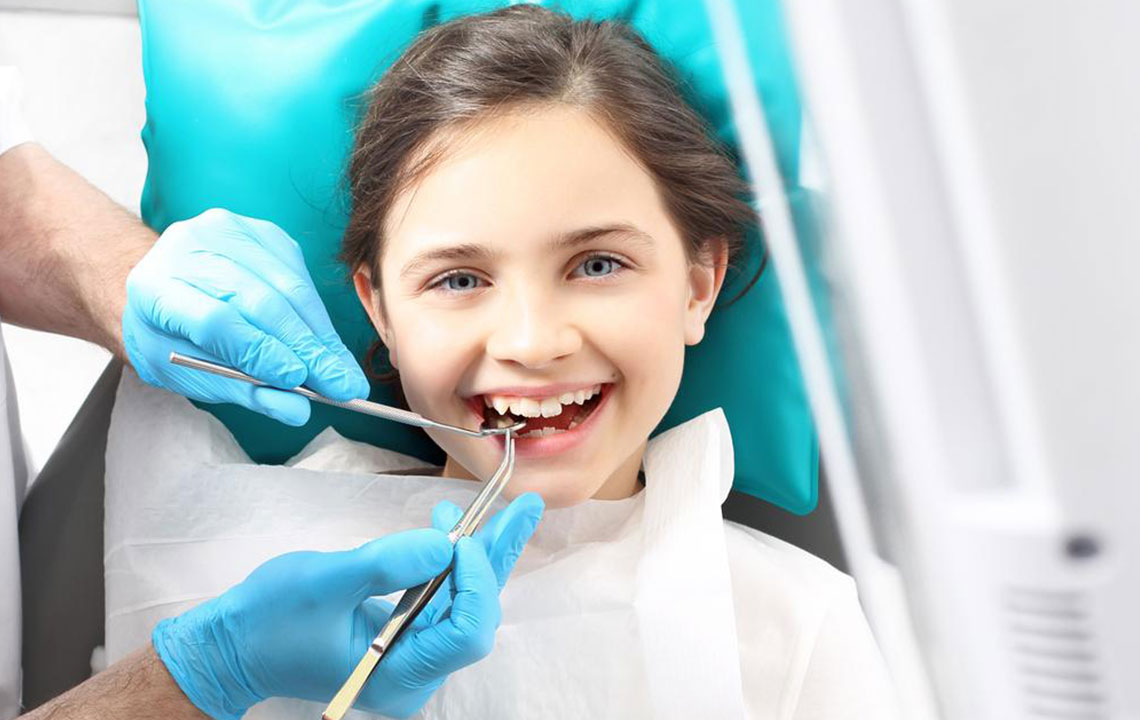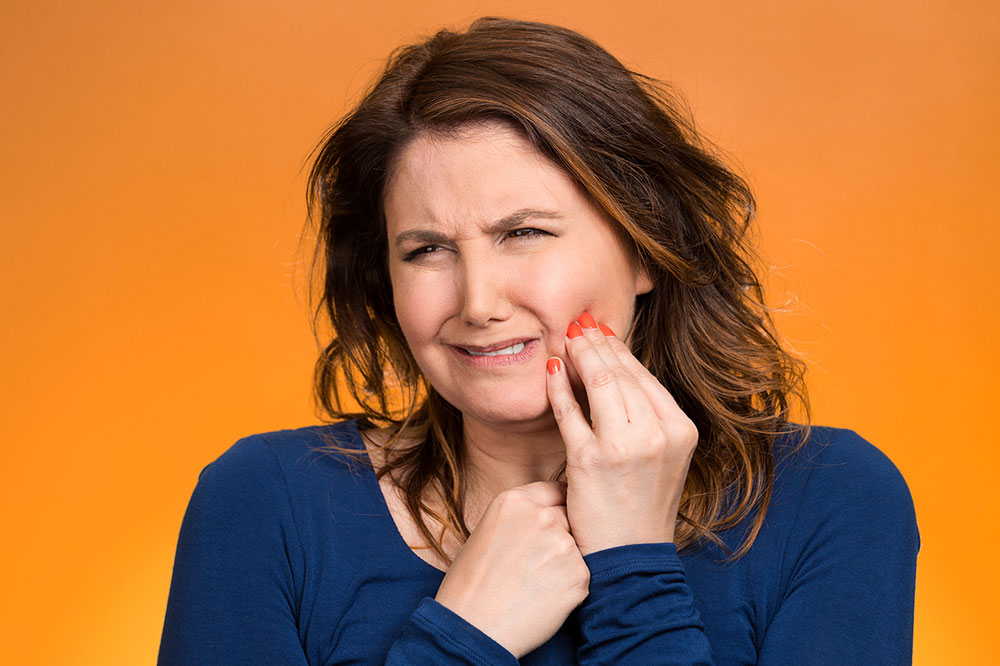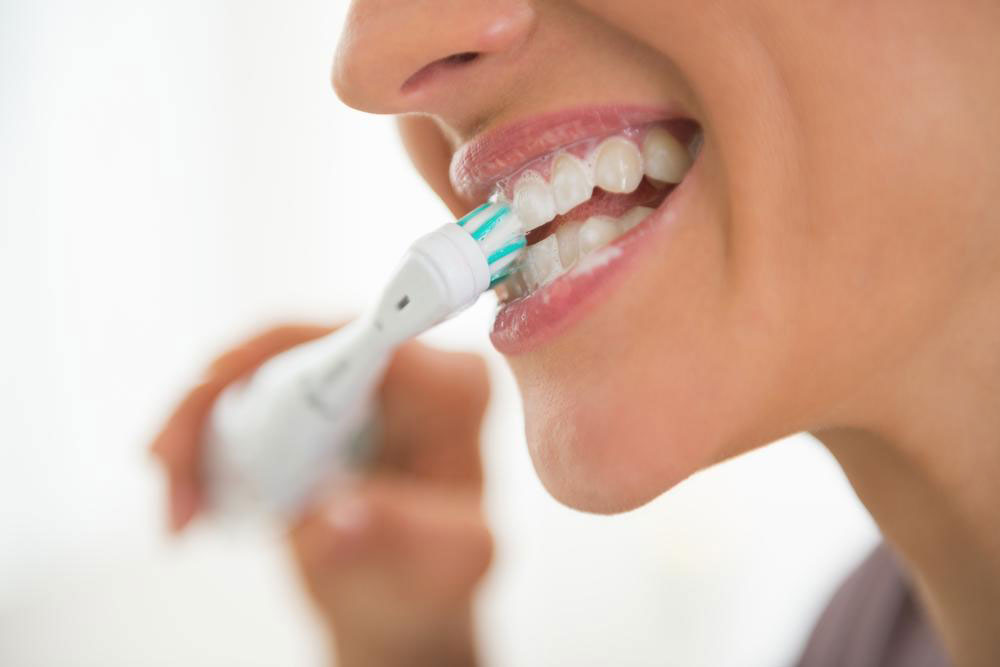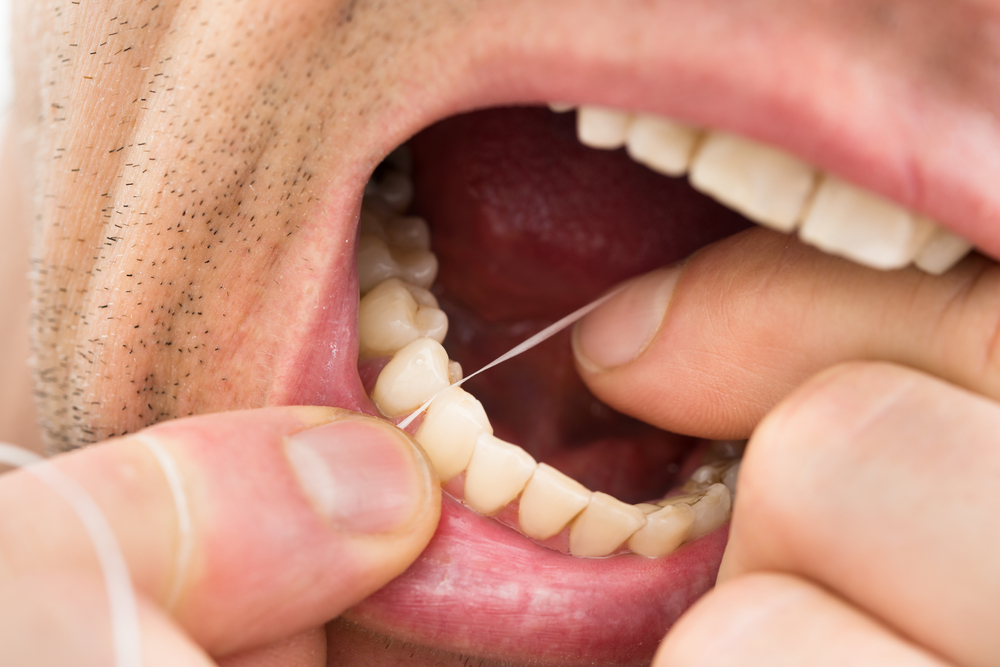Effective Strategies for Teen Dental Care: Promoting Lifelong Oral Hygiene Habits
This article explores effective dental care strategies tailored for teenagers, emphasizing the importance of early oral hygiene education. It discusses engaging methods dental clinics use to make oral health fun and approachable for teens, such as colorful tools and interactive lessons. Key habits like proper brushing, flossing, and routine dental visits are highlighted as vital for preventing cavities, gum disease, and other dental issues. The article underscores how fostering positive attitudes towards dental care during adolescence can lead to lifelong oral health, ultimately improving overall well-being and boosting confidence during these formative years.

Effective Strategies for Teen Dental Care: Promoting Lifelong Oral Hygiene Habits
Maintaining excellent dental health during adolescence is a vital component of overall well-being, impacting not only appearance but also overall health. Early education about oral hygiene practices helps teenagers develop good habits that can last a lifetime. Regular visits to dental clinics are essential in this process, serving as both preventive measures against dental issues and opportunities for teens to learn about proper oral care in a supportive environment. These sessions aim to make dental health education engaging, approachable, and effective, fostering positive attitudes towards oral hygiene that extend into adulthood.
Here are some comprehensive dental care tips and practices promoted by dental professionals specifically tailored for children and teenagers:
Make Dental Care Fun and Engaging
Engaging teens in their dental health routine can significantly improve compliance and interest. Dental clinics often incorporate colorful, themed toothbrushes, flavored toothpaste options, and interactive demonstrations to make the experience enjoyable. For example, dentists may utilize fun educational tools or digital apps that encourage regular brushing and flossing. Teaching teens that oral health maintenance can be both beneficial and enjoyable helps establish positive habits that stick over time.
Proper Brushing Techniques
Adolescents are often unaware or inconsistent with their brushing methods. Healthcare professionals emphasize the importance of gentle, thorough brushing with a soft-bristled toothbrush, covering all surfaces of each tooth, including hard-to-reach areas. Proper technique reduces the risk of gum recession and enamel erosion. Dentists can demonstrate correct brushing strokes and recommend the use of electric toothbrushes for improved plaque removal, especially for those with orthodontic appliances like braces.
Consistency in Routine
Brushing twice daily—morning and night—is crucial for effective plaque removal and cavity prevention. Teens are more likely to adopt regular routines when they observe their parents and peers practicing good oral hygiene habits. Establishing a predictable, manageable routine helps embed these practices into daily life, minimizing dental problems and fostering a sense of responsibility.
Flossing and Rinsing
Daily flossing is essential to clean between teeth where brushes cannot reach, preventing plaque buildup and gum disease. Dental professionals often demonstrate correct flossing techniques to ensure safety and effectiveness. Rinsing with fluoride mouthwash after brushing can further strengthen enamel and reduce bacteria. These supplemental practices complement brushing and contribute to comprehensive oral health care.
Regular dental check-ups serve multiple purposes: they allow early detection and treatment of dental issues, promote education about new or ongoing oral health practices, and help foster a positive attitude towards dental care. Establishing routine visits during adolescence sets the stage for a lifetime of healthy teeth and gums, reducing the likelihood of complex dental problems in adulthood.





